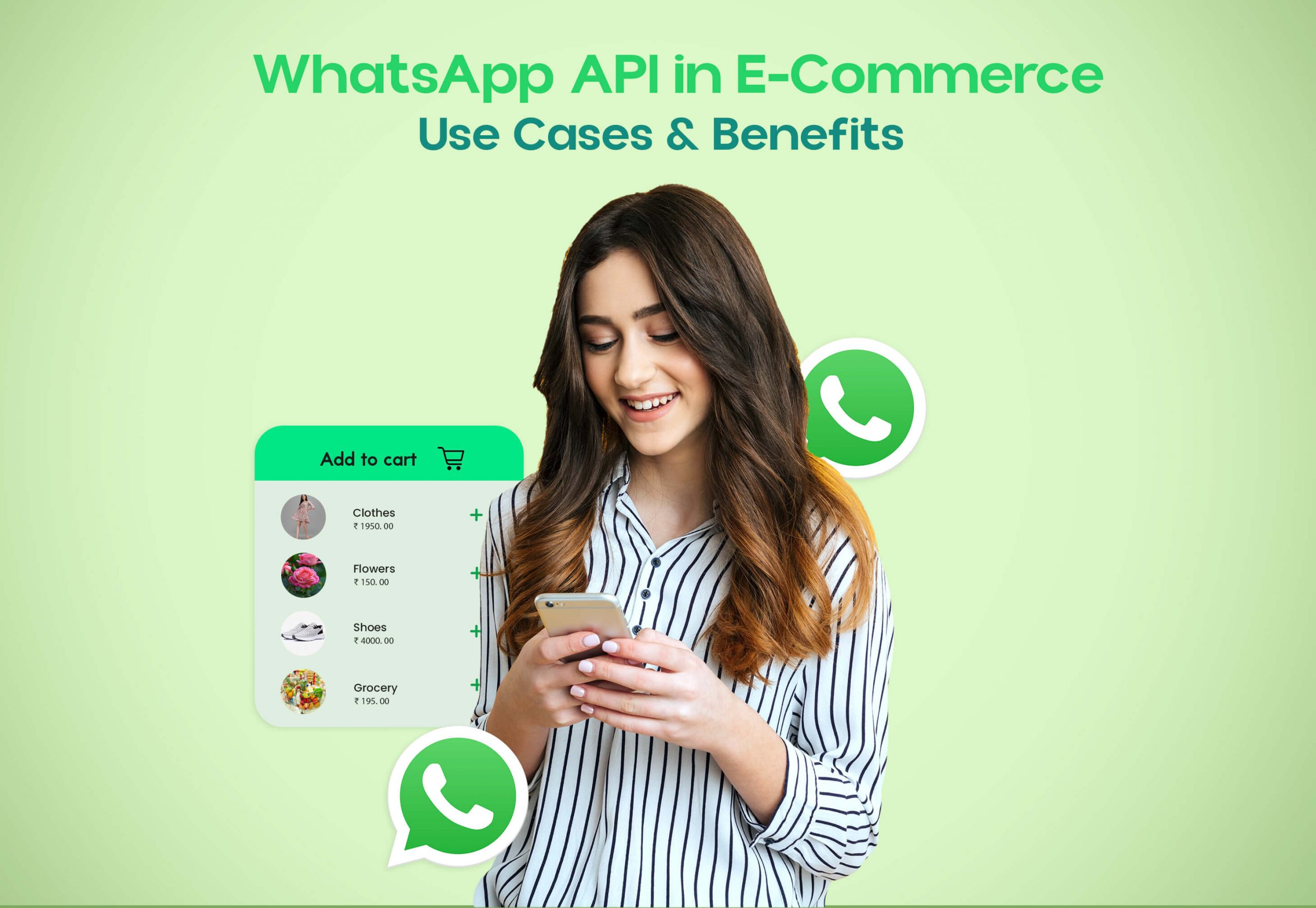
- Posted on
- chatpot
WhatsApp, with its vast global user base, has evolved into a critical platform for eCommerce businesses looking to enhance customer engagement, streamline operations, and boost sales. By leveraging WhatsApp’s robust messaging capabilities, eCommerce businesses can create a more personalized shopping experience, improve customer service, and increase operational efficiency. Here’s a deep dive into the top WhatsApp eCommerce use cases and their benefits.
1. Customer Support
Use Case: Offering real-time support via WhatsApp can significantly enhance the customer service experience. Businesses can use the platform to answer queries, resolve issues, and provide assistance throughout the purchasing process.
Benefits
- Immediate Resolution: Customers receive quick responses to their inquiries, improving satisfaction.
- Increased Engagement: Personalized support fosters a positive relationship between the business and its customers.
- Cost Efficiency: Automating common queries with chatbots can reduce the cost of customer service operations.
2. Order Updates and Tracking
Use Case: Businesses can send automated updates about order confirmations, shipping, and delivery status directly to customers’ WhatsApp accounts.
Benefits
- Enhanced Transparency: Customers appreciate being kept in the loop about their order status.
- Reduced Support Queries: Providing proactive updates can decrease the number of inquiries about order statuses.
3. Product Recommendations and Personalized Shopping
Use Case: By analyzing customer data, businesses can send personalized product recommendations and offers through WhatsApp, creating a tailored shopping experience.
Benefits
- Increased Sales: Personalized recommendations can lead to higher conversion rates.
- Improved Customer Retention: Customized shopping experiences make customers feel valued, encouraging loyalty.
4. Feedback Collection and Reviews
Use Case: After a purchase, businesses can use WhatsApp to request feedback or reviews, making it easy for customers to share their experiences.
Benefits
- Enhanced Product Quality: Feedback helps businesses improve their offerings.
- Social Proof: Positive reviews can be leveraged to build trust with potential customers.
5. Exclusive Deals and Flash Sales
Use Case: WhatsApp can be an effective channel for notifying customers about exclusive deals, flash sales, or new product launches, encouraging immediate action.
Benefits
- Increased Revenue: Timely promotions can drive impulse purchases and repeat business.
- Higher Engagement Rates: Exclusive deals foster a sense of belonging among customers, enhancing engagement.
6. Easy Payment Processes
Use Case: Integrating payment solutions within WhatsApp allows customers to complete purchases without leaving the app, streamlining the buying process.
Benefits
- Frictionless Transactions: Simplifying the payment process can significantly enhance the customer experience and increase conversion rates.
- Secure Payments: Encryption and security features help build trust with customers.
7. Appointment Booking and Reservations
Use Case: For businesses that require appointments, like beauty services or consultations, WhatsApp can facilitate easy booking and reminders.
Benefits
- Convenience: Customers appreciate the ease of booking appointments directly through WhatsApp.
- Reduced No-Shows: Automated reminders can decrease the number of missed appointments.
Conclusion
WhatsApp offers a versatile platform for eCommerce businesses to connect with their customers more personally and efficiently. By integrating WhatsApp into their digital strategy, businesses can enhance customer satisfaction, streamline operations, and drive sales growth. As WhatsApp continues to expand its features for businesses, the potential for eCommerce innovation and growth on the platform seems boundless.
Want to know more about WhatsApp API Please visit our website https://chatpot.io/.

